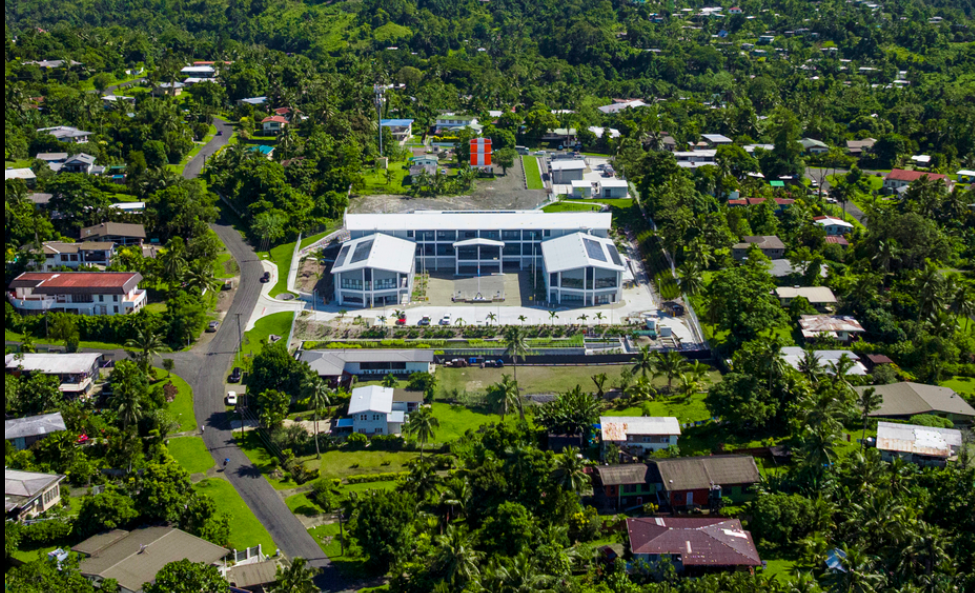THE Vuvale Maritime Essential Services Centre (MESC) will be officially opened this hour.
Defence and Veteran Affairs Minister Pio Tikoduadua told Parliament yesterday that the Centre began its operations in April this year.
“This occasion will mark the formal commissioning of the Centre as Fiji’s national hub for maritime coordination,” Mr Tikoduadua said.
“At the ceremony, the Deputy Prime Minister of Australia, the honourable Richard Marles will formally hand over the facility to our honourable Prime Minister.
“This handover is not simply a transfer of infrastructure, but a demonstration of the confidence and trust that underpins the Vuvale Partnership.”
He said it also represented Australia’s commitment to stand with Fiji in protecting our shared Pacific Ocean.
“And it signifies Fiji’s responsibility to use this capability in the service of our sovereignty and the security of our people in our region.”
He said the centre was supported under the Vuvale Partnership with Australia at a cost of FJ$120 million.
“The Centre is the largest single investment in Fiji’s maritime security in a generation.
“It is not simply a building, it is the institutional heart of our surveillance and enforcement system, designed to coordinate all national efforts at sea.
“The Vuvale Maritime Essential Services Centre functions as Fiji’s national coordination hub for maritime security.
“It hosts under one roof the Navy, the Fiji Police, Customs, Immigration, Fisheries, and other relevant stakeholders. This is a deliberate design.”
He said the Centre was already delivering tangible benefits across a range of national priorities.
“It is strengthening enforcement against drug trafficking, with agencies now able to track and intercept suspicious vessels with a level of coordination that was previously not possible.
“It is also supporting environmental protection by ensuring that surveillance data is shared to monitor illegal fishing, pollution and the encroachment of vessels in sensitive marine areas.
“It further enables fisheries monitoring, which is critical to safeguarding the livelihoods of our coastal communities and the food security of the nation.
“Finally, it is safeguarding sea lanes that are the arteries of Fiji’s economy – sea lanes that carry tourists, goods and services in and out of our ports.”
Mr Tikoduadua said the Centre gave Fiji the ability to act on timely intelligence.
“Intelligence is the lifeblood of maritime security. A vessel detected by a satellite, or a suspicious communication intercepted by a partner agency, is only valuable if it is processed quickly and transformed into actionable decisions.
“In the past, intelligence often sat with one agency, and by the time it was shared or acted upon, the opportunities were lost already.
“The MESC has changed this. It ensures that all relevant agencies are linked in real time.”
He highlighted that if a suspicious vessel was spotted entering our Exclusive Economic Zone (EEZ), the Centre could immediately verify its identity through satellite and maritime databases and share the information with Customs, Police and Immigration simultaneously.
He said it will also alert the Navy for possible interception at sea and deploy air surveillance assets to track its movements; and coordinate with international partners if the vessel had regional or transnational links.
“This means that threats are identified quickly and analysed effectively and met with a unified and coordinated response.”



